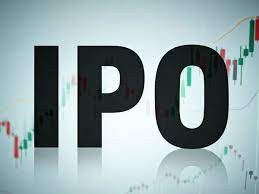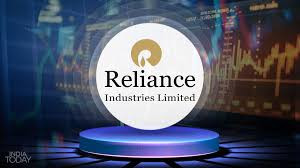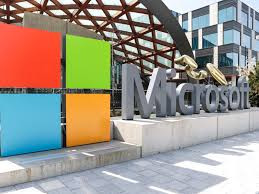Global Pharmaceutical Sector Maintains Robust Growth Amid Price-Led Expansion Strategies
IIE DIGITAL DESK : The global pharmaceutical industry continues to demonstrate resilience and growth, driven by strategic price-led expansion and innovation. Despite ongoing regulatory pressures and market challenges, companies are leveraging pricing strategies to bolster revenue streams and sustain long-term profitability.
In the United States, pharmaceutical giants such as Pfizer, Merck, and Johnson & Johnson have implemented price increases across numerous drug categories. These adjustments, although subject to public scrutiny, are part of broader strategies to offset rising production costs and fund extensive research and development initiatives. Industry analysts suggest that while these price hikes may face regulatory hurdles, they are essential for maintaining the financial health of pharmaceutical companies and ensuring the continued development of innovative therapies.
Internationally, the Indian pharmaceutical sector has also experienced significant growth. According to recent reports, the industry achieved a year-over-year growth of 8.3%, reaching a valuation of ₹2,27,361 crore. This expansion is attributed to strategic pricing models and increased demand for generic medications, which constitute a substantial portion of the market. The Indian government's supportive policies and the industry's focus on cost-effective production have further bolstered this growth trajectory.
However, the emphasis on price-led expansion is not without its challenges. Regulatory bodies in various countries are intensifying efforts to control drug prices and ensure affordability for patients. In the United States, proposals for implementing a "most-favored-nation" pricing model could potentially link U.S. drug prices to those in other developed nations, potentially impacting revenue streams for pharmaceutical companies. Similarly, in the United Kingdom, the government's proposed increase in statutory payment rates for newer branded medicines has faced criticism from industry stakeholders, who argue that such measures could hinder investment and innovation.
Despite these regulatory challenges, the pharmaceutical industry remains a critical component of the global economy. Companies are increasingly investing in advanced technologies, such as artificial intelligence and biotechnology, to streamline drug development processes and enhance production efficiency. These innovations not only contribute to the industry's growth but also play a pivotal role in addressing global health challenges.
As the pharmaceutical sector navigates the complexities of price regulation and market dynamics, its ability to adapt and innovate will be crucial. The ongoing focus on price-led expansion, coupled with strategic investments in research and technology, positions the industry for sustained growth and continued contributions to global healthcare advancements.
You might also like!
















